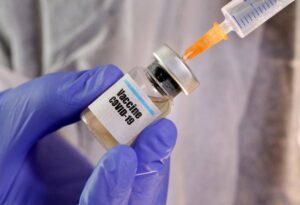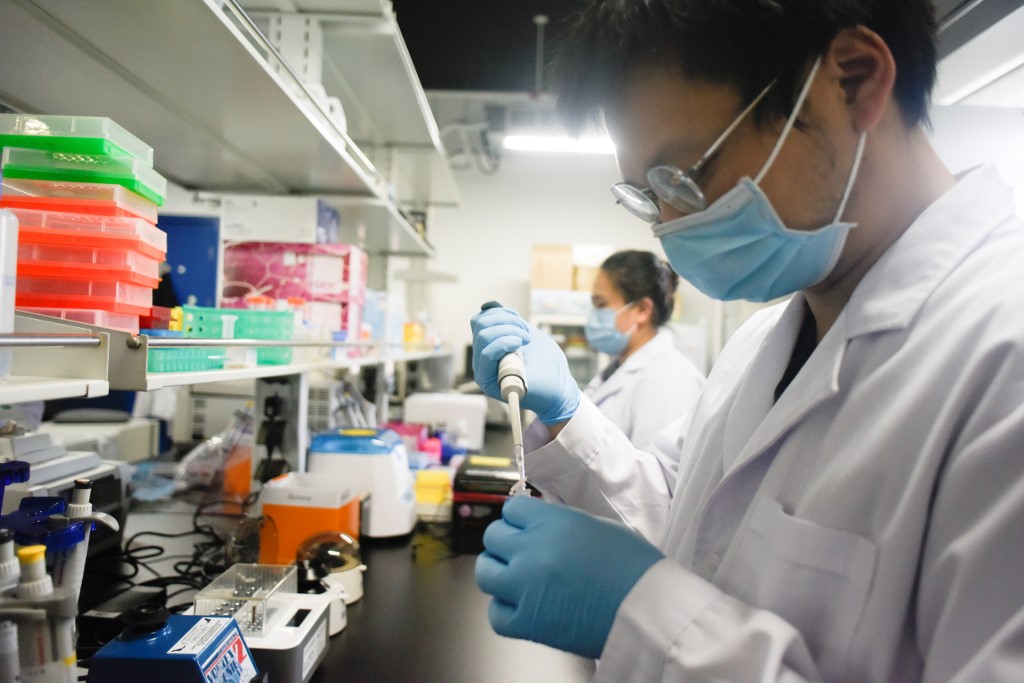Scientists in China are testing a drug at the prestigious Peking University that may not only shorten the recovery time for those infected with covid-19, but even offer short-term immunity from the virus.
Sunney Xie, director of the university’s Beijing Advanced Innovation Centre for Genomics said that the drug has been successful at the animal testing stage.“When we injected neutralising antibodies into infected mice, after five days the viral load was reduced by a factor of 2,500. That means this potential drug has (a) therapeutic effect.” Xie said.
The chinese drug is designed to use neutralising antibodies — produced by the human immune system to prevent the virus infecting cells — which the scientists isolated from the blood of 60 recovered patients.
A study by the team published on Sunday in the scientific journal Cell, suggests that using the antibodies offers a potential “cure” for the disease and also reduces the recovery time.
Xie’s team has been burning the midnight oil to find the antibody.“Our expertise is single-cell genomics rather than immunology or virology. When we realised that the single-cell genomic approach can effectively find the neutralising antibody we were thrilled.”He added.
He hopes that the drug will be ready for use towards the end of the year and will also be available in time for any potential outbreak of the virus in winter.
The deadly virus has since infected 4.8 million people around the world and killed more than 315,000. The cases in Kenya are now standing at 938 infections, 358 recoveries and 50 deaths.

“If these neutralising antibodies can become a specialised drug that would stop the pandemic,” Xie stressed.
So far China already has five potential coronavirus vaccines at the human trial stage but the World Health Organisation continues to warn against developing a vaccine could take 12 to 18 months.
Researchers are also pointing to the potential benefits of plasma — a blood fluid from recovered individuals who have developed antibodies to the virus enabling the body’s defences to attack it.
More than 700 patients have received plasma therapy in China, a process which authorities have praised for showing good therapeutic effect but plasma is limited in supply.
Mr Xie also noted that the 14 neutralising antibodies used in their drug could be put into mass production quickly. Using antibodies has been successful in treating several other viruses like HIV, Ebola and Middle East Respiratory Syndrome (MERS).
Chinese researchers took an early lead just after the outbreak started in China and before spreading to other countries. First Ebola drug Remdesivir was seen as a hopeful early treatment for covid-19 with clinical trials in America showing it reduced the recovery time by a third in some patients it had not significance difference in death rates.
The new drug is expected to offer even short-term protection against the virus.The study realized that if the neutralising antibody was injected before the mice were infected with the virus, the mice stayed free of infection and no virus was detected.This actually offers temporary protection for medical workers for a few weeks but the scientists are hopeful they will extend that to many months.


















